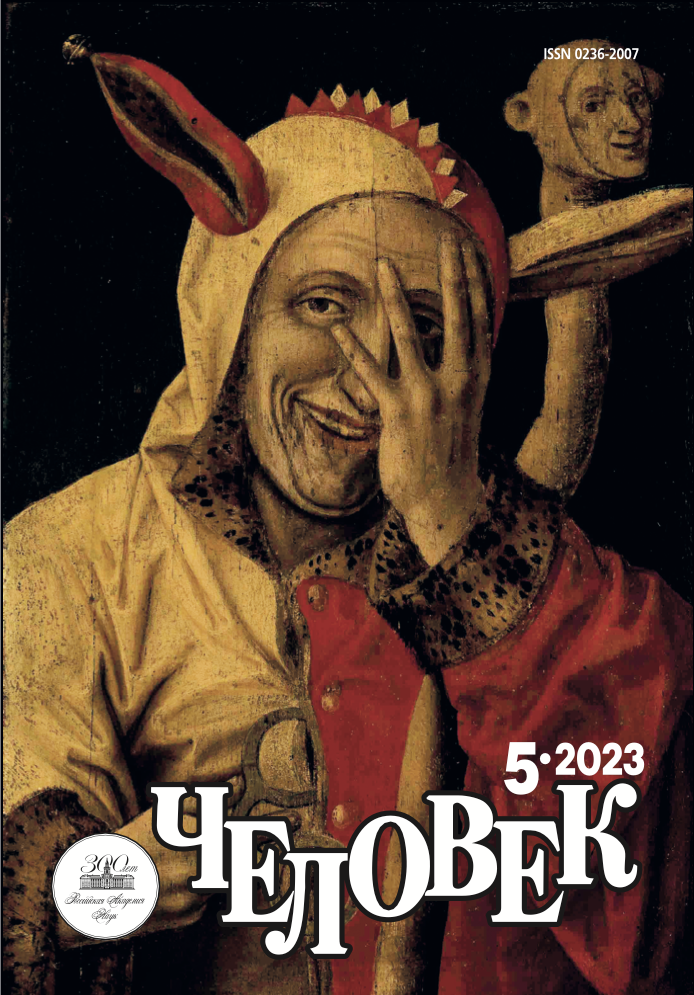Soviet Marxist Humanism: From the Class Struggle to the Renaissance of the Human Being
Keywords:
Marxist humanism, proletarian humanism, socialist humanism, communist humanism, soviet philosophy, class struggle, alienation, human, comprehensively developed personality, anthropological turnAbstract
The article considers the main ideas of Soviet Marxist humanism. It isshown that, despite ideological control over culture and science, an original versionof Marxist humanism has been developing in Soviet philosophy since the mid 1930-s.Unlike other countries, where the publication of Marx's Economic and PhilosophicManuscripts played a key role in the emergence of Marxist humanism, thispublication did not have the same impact in the USSR. Soviet Marxist humanismresults from the debates about proletarian culture and humanism in 1920–30-s andalso evolves as an anti-fascist movement. Studying the subject, we analyze three keynarratives: proletarian humanism, socialist humanism and communist humanism.Proletarian humanism (M. Gorky, M. Petrosyan), in our opinion, historicallycorresponded to the period of irreconcilable ideological struggle with abstracthumanism and fascism. Socialist humanism (N. Bukharin, P. Fedoseev, F.Konstantinov) was investigating necessary material and spiritual conditions to bringup a comprehensively developed personality. Communist humanism (I. Frolov)reflected the process of scientific and technological revolution and historicallycorresponded to de-escalation of international relationships and political coursetowards democratization and transparency.






